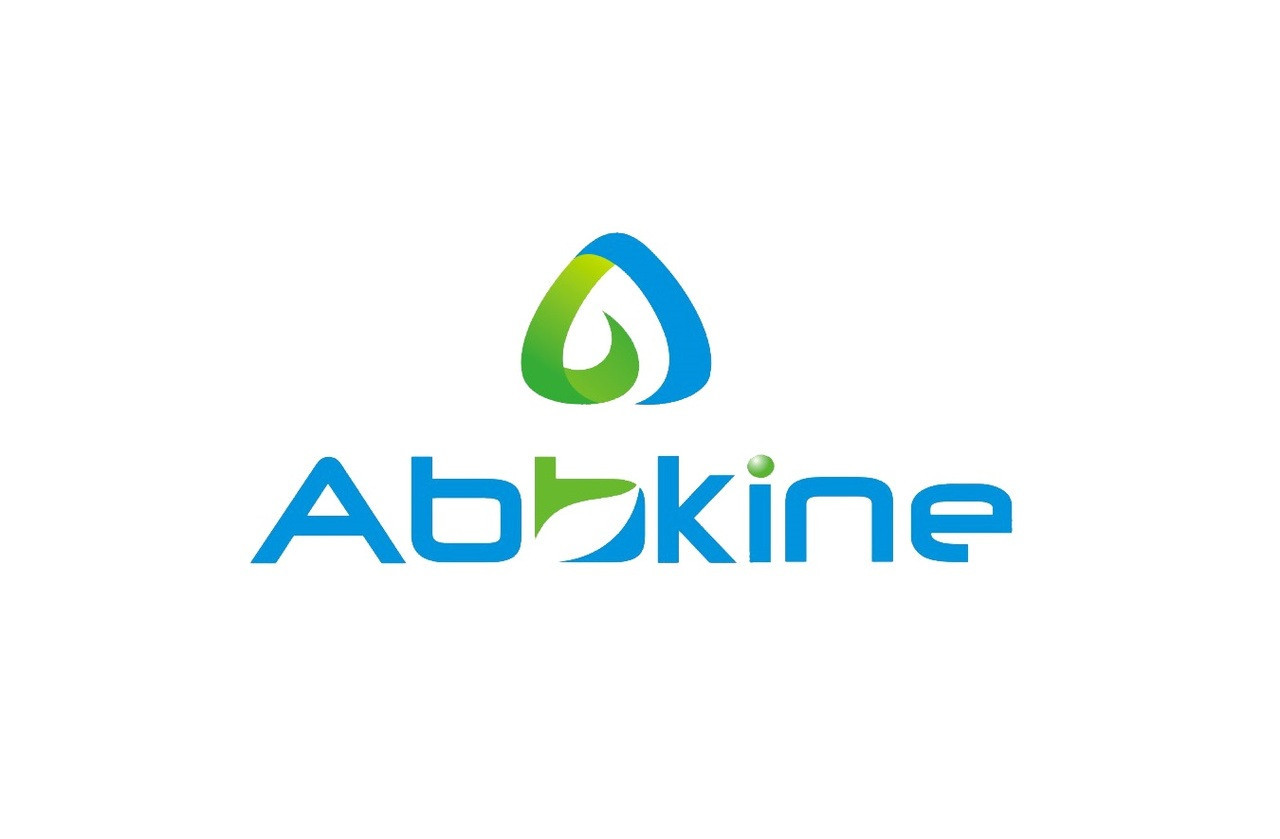Product Description
Human V-set domain-containing T-cell activation inhibitor 1 (VTCN1) ELISA Kit | KTE60044 | Abbkine
Application: This Human V-set domain-containing T-cell activation inhibitor 1 (VTCN1) ELISA Kit employs a two-site sandwich ELISA to quantitate VTCN1 in samples. An antibody specific for VTCN1 has been pre-coated onto a microplate. Standards and samples are pipetted into the wells and anyVTCN1 present is bound by the immobilized antibody. After removing any unbound substances, a biotin-conjugated antibody specific for VTCN1 is added to the wells. After washing, Streptavidin conjugated Horseradish Peroxidase (HRP) is added to the wells. Following a wash to remove any unbound avidin-enzyme reagent, a substrate solution is added to the wells and color develops in proportion to the amount of VTCN1 bound in the initial step. The color development is stopped and the intensity of the color is measured.
Detection Method: Colorimetric
Conjugate: N/A
Sample Type: Cell culture supernatants#Serum#Plasma#Other biological fluids
Assay Type: Multiple steps standard sandwich ELISA assay with a working time of 3-5 hours. It depends on the experience of the operation person.
Kit Component: • Human V-set domain-containing T-cell activation inhibitor 1 microplate
• Human V-set domain-containing T-cell activation inhibitor 1 standard
• Human V-set domain-containing T-cell activation inhibitor 1 detect antibody
• Streptavidin-HRP
• Standard diluent
• Assay buffer
• HRP substrate
• Stop solution
• Wash buffer
• Plate covers
Features & Benefits: Human V-set domain-containing T-cell activation inhibitor 1 (VTCN1) ELISA Kit has high sensitivity and excellent specificity for detection of Human VTCN1. No significant cross-reactivity or interference between Human VTCN1 and analogues was observed.
Calibration Range: Please inquire
Limit Of Detection: Please inquire
Usage Note: • Do not mix components from different kit lots or use reagents beyond the kit expiration date.
• Allow all reagents to warm to room temperature for at least 30 minutes before opening.
• Pre-rinse the pipet tip with reagent, use fresh pipet tips for each sample, standard and reagent to avoid contamination.
• Unused wells must be kept desiccated at 4 °C in the sealed bag provided.
• Mix Thoroughly is very important for the result. It is recommended using low frequency oscillator or slight hand shaking every 10 minutes.
• It is recommended that all samples and standards be assayed in duplicate or triplicate.
Storage Instruction: The unopened kit should be stored at 2 - 8°C. After opening, please store refer to protocols.
Shipping: Gel pack with blue ice.
Precaution The product listed herein is for research use only and is not intended for use in human or clinical diagnosis. Suggested applications of our products are not recommendations to use our products in violation of any patent or as a license. We cannot be responsible for patent infringements or other violations that may occur with the use of this product.
Background: B7H4 belongs to the B7 family of costimulatory proteins. These proteins are expressed on the surface of antigen-presenting cells and interact with ligands on T lymphocytes. The predicted 282-amino acid protein, which is 87% identical to the mouse protein, contains a 2-amino acid intracellular domain, a large hydrophobic type I transmembrane region, and an extracellular domain with several N-glycosylation sites and conserved cysteine residues. Northern blot analysis revealed expression of a 1.8-kb transcript in spleen, lung, and thymus, and RT-PCR analysis detected expression in a wide range of tissues. Immunohistochemical and flow cytometric analyses showed expression on activated but not fresh T cells, B cells, monocytes, and dendritic cells.
Alternative Names: VTCN1; B7-H4; B7H4; B7S1; B7X; B7h.5; FLJ22418; PRO1291; RP11-229A19.4; VCTN1; T cell costimulatory molecule B7x; immune costimulatory protein B7-H4
Search name: VTCN1; B7-H4; B7H4; B7S1; B7X; B7h.5; FLJ22418; PRO1291; RP11-229A19.4; VCTN1; T cell costimulatory molecule B7x; immune costimulatory protein B7-H4
Tag: VTCN1
 Euro
Euro
 USD
USD
 British Pound
British Pound
 NULL
NULL








